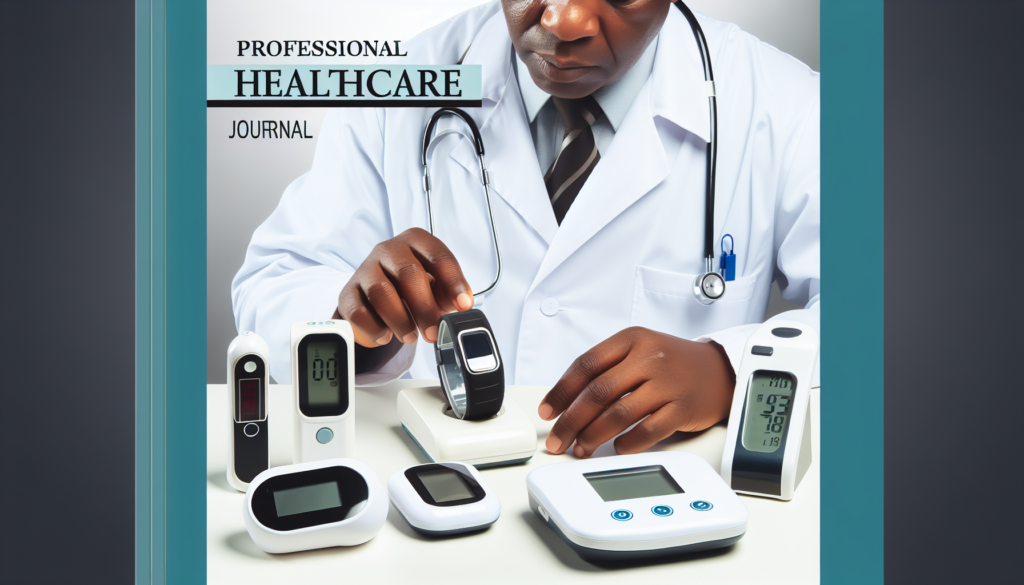With the technological boom and increased access to information, self-monitoring health at home has become both feasible and popular. From blood pressure monitors to advanced wearable devices, home health monitoring tools are transforming the way we approach our wellness journeys. However, it’s vital to select the right health monitoring tools according to personal needs and doctor’s advice.
Understanding Home Health Monitoring Tools
Home healthcare monitoring tools encompass a wide range of devices aimed at tracking various health parameters. Common forms of monitoring include heart rate, blood pressure, blood glucose, body weight, and sleep patterns, among others. Some tools are dedicated to specific needs, such as oxygen level monitors for respiratory conditions or glucose meters for diabetes patients.
The Advantage of Home Health Monitoring Tools
There’s an unspoken comfort in being able to track one’s health data anytime, anywhere. From early detection of potential health anomalies to helping manage chronic conditions more effectively, home health monitoring tools have a host of benefits:
- Early Detection: Regular monitoring can help identify potential health issues early, before they become serious. This can be particularly beneficial for individuals with a higher risk of certain medical conditions.
- Management of Chronic Conditions: For individuals living with chronic illnesses like diabetes or hypertension, frequent monitoring can be integral to managing these conditions. Such monitoring aids in tracking the effects of medications and lifestyle changes, enabling more informed and effective health management.
- Convenience: With home health monitoring, you don’t have to travel to a medical facility for regular check-ups. This saves time, cuts down on travel and wait time expenses, and reduces exposure to external infections.
Selecting the Right Health Monitoring Tools
Before investing in a home health monitoring tool, it’s important to consider a few factors to ensure the product is suitable for your needs:
- Relevance: Purchase a device that monitors the health vitals which are most relevant to you. For instance, if you’ve got a history of heart-related ailments, a heart rate monitor might be beneficial.
- Usability: Opt for a device that’s easy to use. A device that’s complex to operate might lead to incorrect readings and increased frustration.
- Accuracy: It’s crucial to select a health monitoring device that provides accurate and consistent results. Always research the device’s accuracy before purchasing it.
Importance of Medical Advice
Health monitoring tools provide valuable insights, but they are not a substitute for medical advice. Regular check-ups with a healthcare professional are essential to interpret the data these tools provide and make sure you’re using them correctly. Always consult with a healthcare provider about any concerns you may have.
In conclusion, home health monitoring tools offer many benefits and can be a valuable addition to your wellness regimen. However, selection should be made carefully, and the data they provide should be used in conjunction with professional medical advice.
Remember, your health is your wealth!
Tags: home health care, technology in healthcare, health monitoring tools, self-care, wellness journey.



